Learning from uncertain models and limited data for digital design and twinning
Please login to view abstract download link
Engineering design and analysis increasingly rely on end-to-end digital workflows and observational data. In practice, models are usually simplified or incomplete, data are limited and uncertain, and engineering processes are rarely sequential. The statistical Bayesian approach offers a coherent framework for reasoning, making predictions, and quantifying uncertainty under such complex conditions. This talk introduces two core applications of this approach: statistical surrogate modelling for design under uncertainty, and the statistical finite element method (statFEM) for integrating limited observational data with physics-based models. Applications to robust optimisation and digital twinning, ranging from verification examples to civil engineering structures in operation, demonstrate how probabilistic methods can yield more efficient and reliable engineering predictions. Particular focus is placed on recent advances in Gaussian process surrogates, dimensionality reduction, and combining measurement data with finite element models to account for model misspecification.

